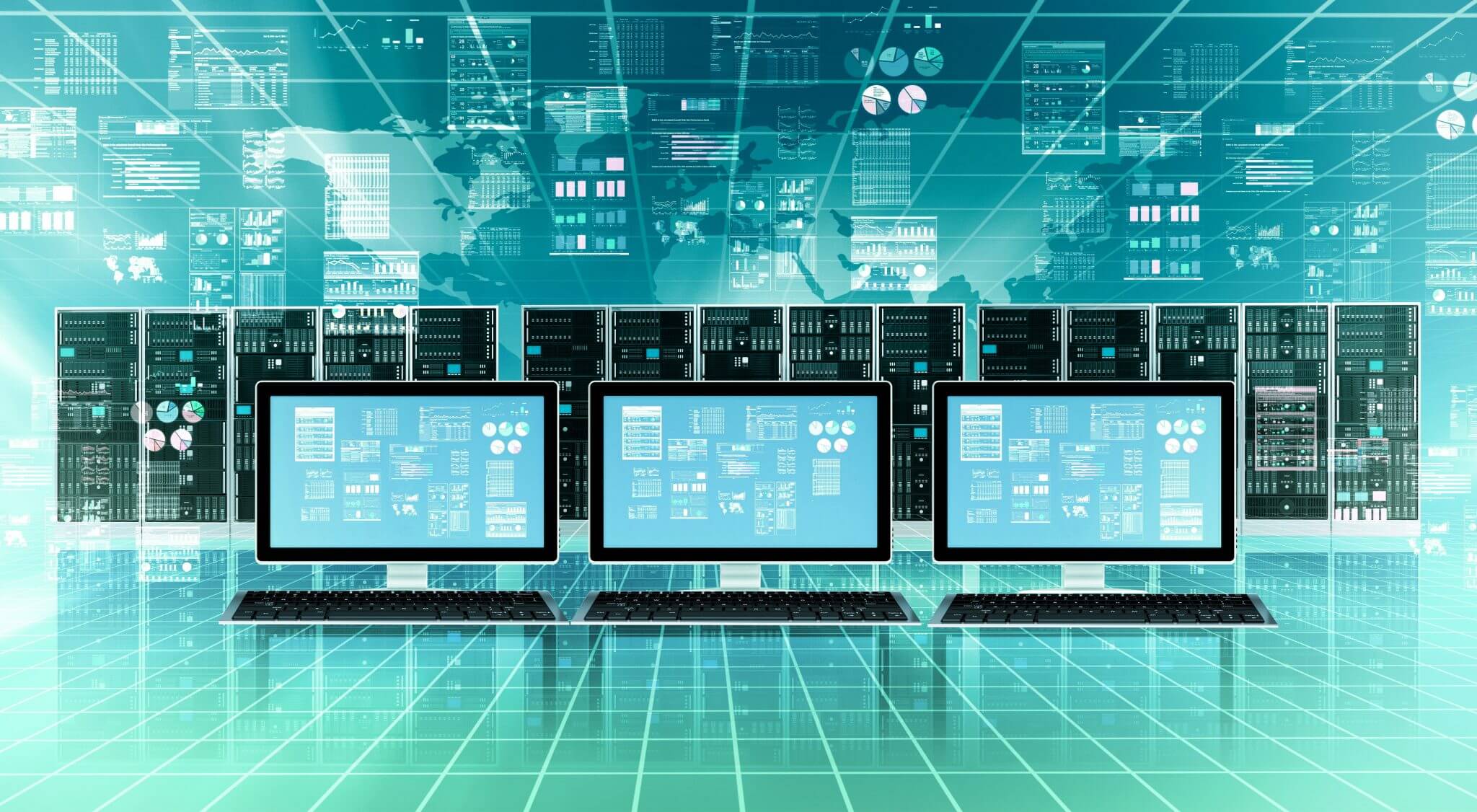
Ever since bitcoin first came into existence back in 2009, economists, computer scientists, and other professionals have argued over which category this new token or asset should fall under. Some say it is not a currency and could never become a currency, while others claim that it is the first working implementation of digital cash. The IRS originally claimed it is a commodity, but the European Union’s Court of Justice recently ruled that it is a currency.
There are many different official titles that people try to place on bitcoin, but one that seems to be routinely overlooked is system resource. Bitcoin is mainly used by traders as a speculative asset right now, but it’s possible that it could eventually turn into one of the most important system resources found in new laptops, desktop computers, tablets, and other computing devices.
What is a System Resource?
In computing, a system resource is any component with limited availability. For example, a computer will come with a certain amount of processing power, RAM, hard drive space, and other specifications that can impact overall performance. More powerful and expensive computers tend to come with more resources at their disposal for the purposes of running more intense applications or multiple applications at the same time.
Bitcoin as a System Resource for Autonomous Value Transfer
Although bitcoin does not typically operate as a system resource right now, it’s possible that this role could define the cryptocurrency — at least over the short term. This is the philosophy of 21 Inc, the company behind the 21 Bitcoin Computer. While hard drive space is used for storing files and bandwidth availability affects upload and download speeds, a device’s bitcoin balance may eventually affect its ability to transfer value over the Internet in an autonomous manner.
Why would a computer need to transfer value autonomously? At this point in time, those sorts of use cases are, essentially, non-existent; however, that could change in a relatively short period of time. Whether it’s through payments for digital content or bids for system resources on other Internet-connected devices, it’s clear that Bitcoin and the 21 Inc Bitcoin Computer have the potential to completely change how the Internet works.
If bitcoin becomes a necessary asset to use certain applications, then it would make sense for everyone to have a bit of bitcoin on all of their devices. Similarly, it makes sense for anyone who wants to use web applications to have a WiFi card or ethernet port and an Internet subscription with an ISP.
Bitcoin as a Replacement for Other System Resources
In the first company blog post announcing that 21 Inc was open for business, CEO Balaji S. Srinivasan explained the view that bitcoin may be able to partially replace the need for other system resources:
Conceptually, we believe that embedded mining will ultimately establish bitcoin as a fundamental system resource on par with CPU, bandwidth, hard drive space, and RAM. That is, one can imagine the ultimate thin client in which a system designer consciously chooses a relatively slow CPU but a relatively strong 21 mining chip, using the bitcoin generated therein to purchase computation in the cloud.
Instead of purchasing broadband Internet from Comcast, perhaps a user will be able to connect to a bitcoin-incentivized mesh network to connect with their friends and view content online. Maybe all of their family photos and favorite songs will be stored in a decentralized cloud rather than on a local hard drive. The need to pay upfront for a computer with a powerful processor or excessive hard drive space may be diminished when a device can autonomously purchase those resources in the background.

